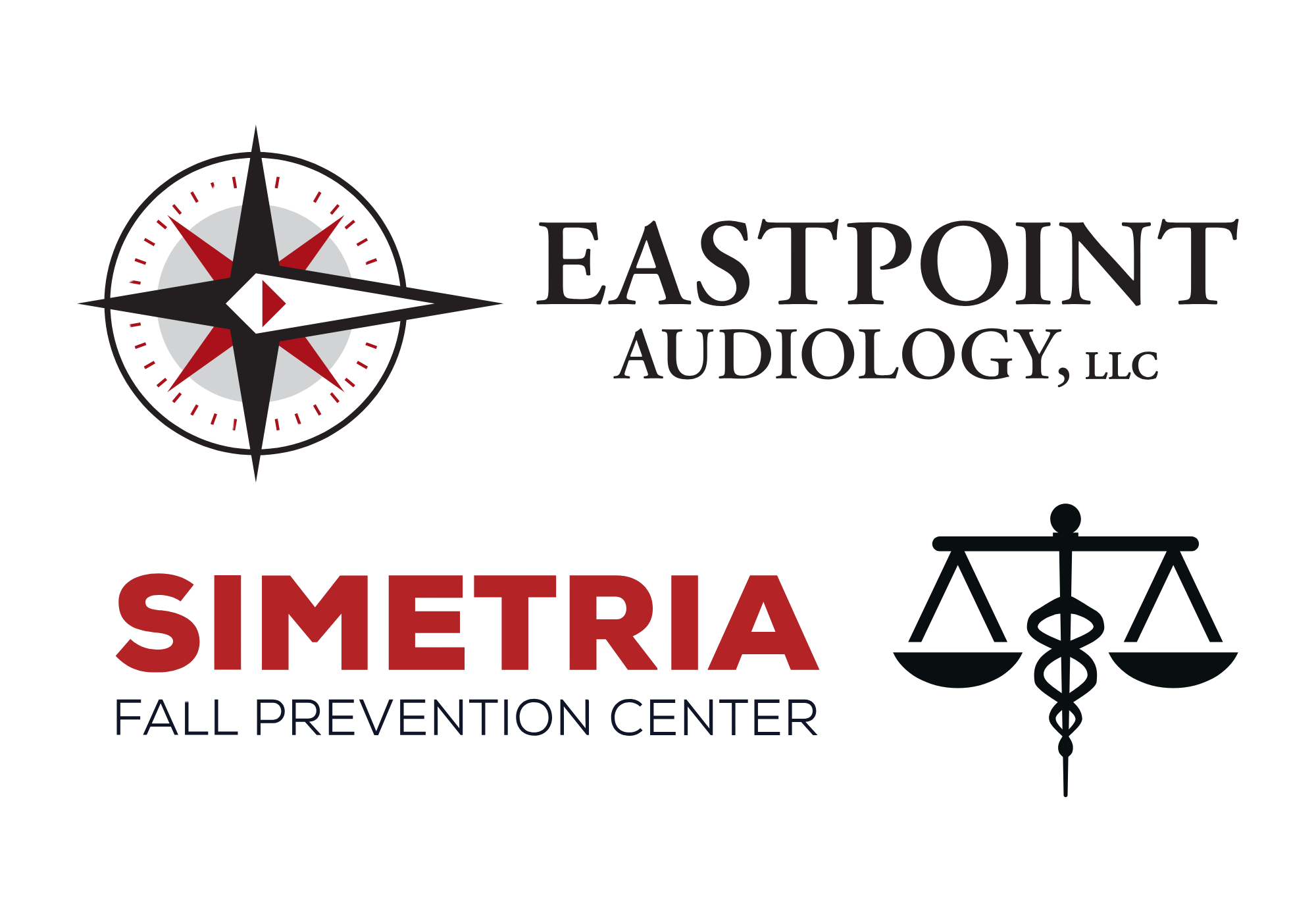
The cause of tinnitus, a persistent buzzing or ringing in the ears, is often ambiguous. However, there is one thing researchers agree on: you are more likely to experience tinnitus if you also are afflicted by hearing loss. Up to 90 percent of individuals who are afflicted by tinnitus also have hearing loss according to HIAA.
As you probably know, your genetics, age, and lifestyle can all be involved in the development of hearing loss. Frequently, mild instances of hearing loss go unnoticed and hearing loss, in general, isn’t always evident. Even worse, even a slight case of hearing loss increases your risk and probability of developing tinnitus.
It’s Not a Cure, But Hearing Aids Can Help Treat Tinnitus
There is no cure for tinnitus. However, hearing aids will treat both hearing loss and tinnitus in ways that can reduce symptoms and improve one’s quality of life. In fact, one study confirmed that as much as 60 percent of tinnitus patients experienced relief when they used hearing aids, with 22 percent showing substantial relief.
A conventional hearing aid can essentially hide the ringing or buzzing associated with tinnitus by strengthening your ability to hear outside sounds, which effectively drowns out the ringing. And, fortunately, traditional hearing aids aren’t the only option as more advanced treatment possibilities are being produced.
Tinnitus Symptoms Will be Decreased by These Types of Specialty Hearing Aids
Hearing aids work by collecting natural sounds from the environment around you and amplifying them to a level that lets you hear. This basic technology is crucial in training your hearing to receive certain stimulation by boosting sounds like the rattle of a ceiling fan or the hum of a dinner party.
You can take an even more complete approach to your tinnitus management by enhancing hearing aids with other techniques, like stress reduction, sound stimulation, and counseling.
Fractal tones and irregular rhythms are even being used by some hearing aid makers. These rhythmically inconsistent tones can distract from the persistent and regular tones tinnitus sufferers hear.
Blending the normal sounds you hear with your tinnitus sounds is the goal of other sophisticated hearing aid options. This approach will commonly use a white noise signal that a hearing expert can adjust to guarantee correct calibration for your ear and your condition.
Whether it’s through sound therapy, blending, or a white noise mechanism, all of these specialized devices have a common objective of distracting the user away from the ringing or buzzing of tinnitus.
It’s true that there isn’t any cure for tinnitus, but for at least some people, hearing aids help decrease symptoms and improve your quality of life.
Call Today to Set Up an Appointment
References
- https://www.hearingloss.org/wp-content/uploads/HLAA_HearingLoss_Facts_Statistics.pdf?pdf=FactStats
- https://pubmed.ncbi.nlm.nih.gov/17956798
- https://www.ata.org/managing-your-tinnitus/treatment-options/hearing-aids
- https://www.ncbi.nlm.nih.gov/pmc/articles/PMC6197965
